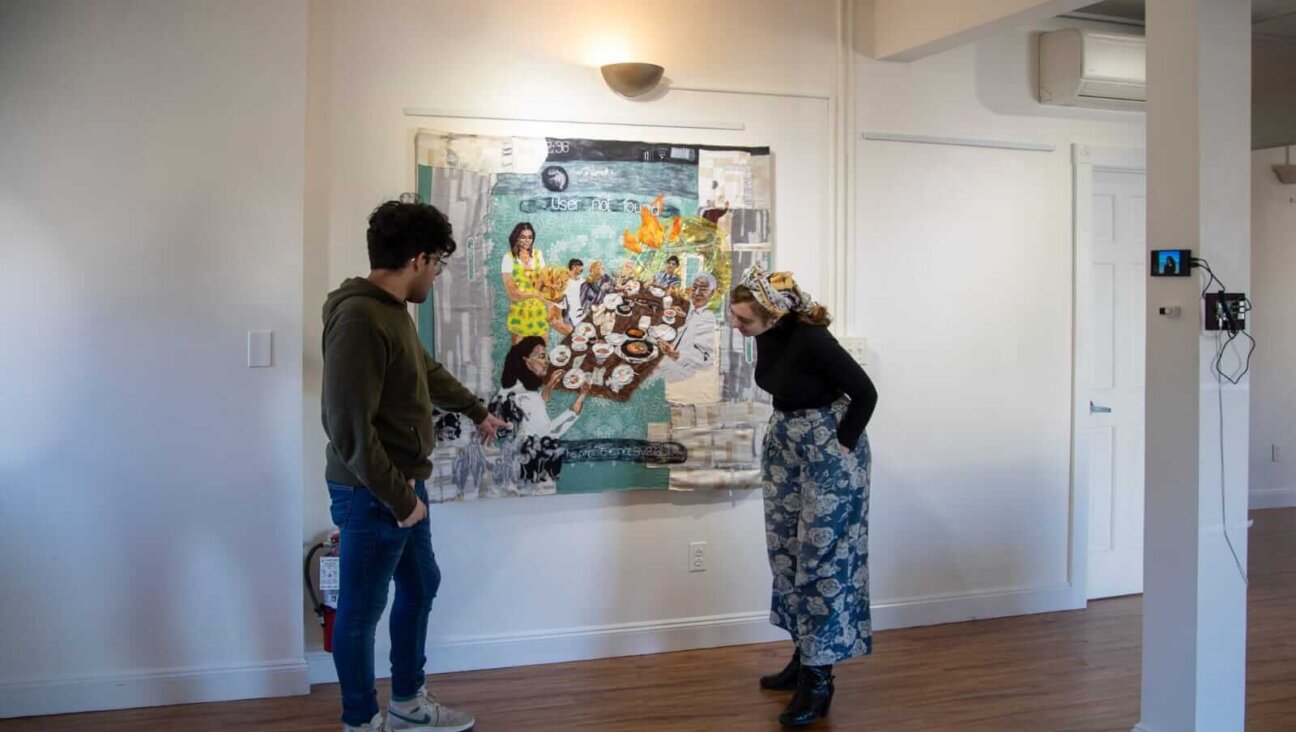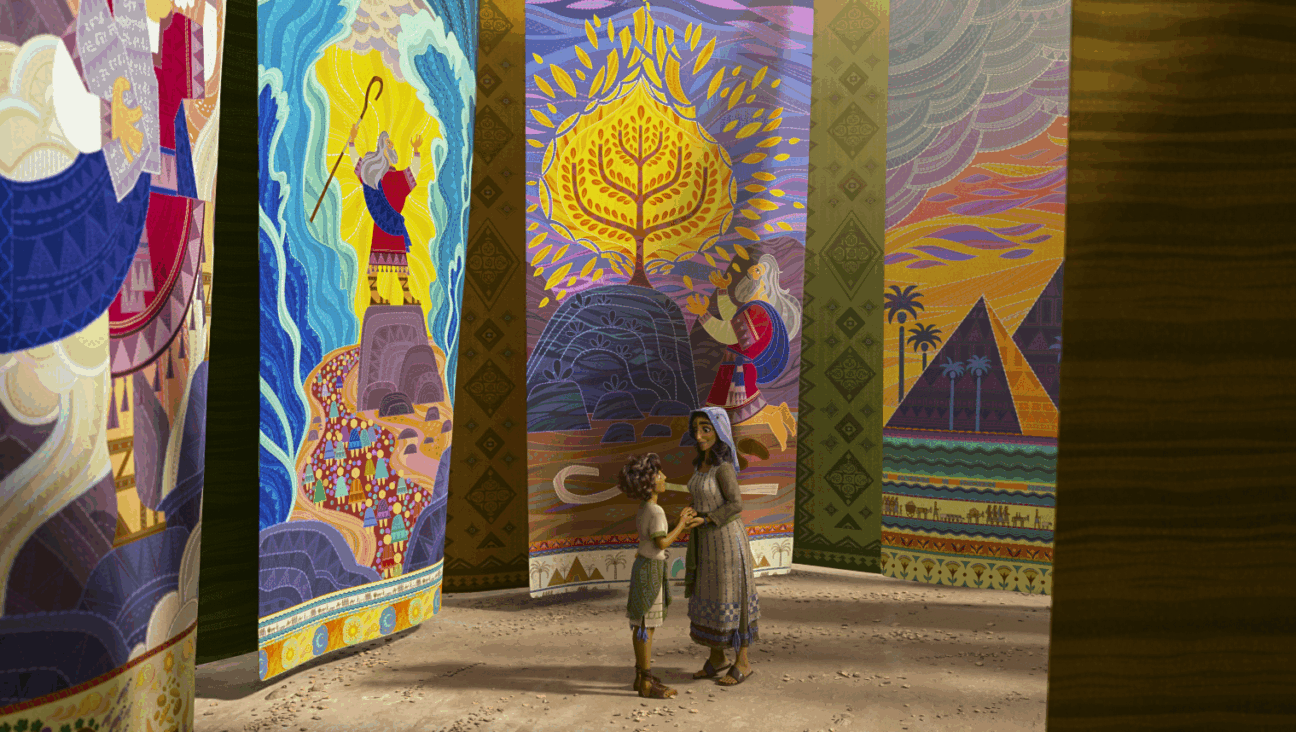Meet the Rapping Rabbi of Seattle

Preserving a Language: Rabbi Simon Bezanquen (center, in chair) hopes to produce the first-ever Ladino rap music record by the end of this year. Image by Courtesy of Simon Benzaquen
Simon Benzaquen, a Seattle rabbi, first earned fame as the “Rapping Rabbi” for his recordings and performances with rapper Nissim in 2013, but he has since found a way to use the same music to further one of his personal passions: preserving the Ladino language. In an effort to ensure that the language of Sephardic Jews doesn’t go the way of extinct languages such as Tillamook or Tasmanian, the rabbi’s latest project keeps the tunes of old Sephardic songs but revises the lyrics. Collaborating with Alex Hernandez (the self-proclaimed “first rapper in north Mexico”), Benzaquen hopes to finish the first ever Ladino rap music album by the end of the year.
Benzaquen met Nissim and, later, Hernandez when both men came to the synagogue he led, Sephardic Bikur Holim Congregation, to convert to Judaism (the rabbi has since retired). The two would-be converts previously had successful rap careers — Nissim under the name D. Black, and Hernandez on his own and as part of a band called Orgullo Mexicano (Mexican Pride). When Benzaquen first met Nissim, his feelings about rap were what one might expect. “Rap didn’t resonate with me. There was no message, no value,” Benzaquen said. But digging deeper, he discovered how hip-hop, for African-Americans, represented the “expression of how they felt every day.” The African-American experience is not very far from the Jewish experience of discrimination and persecution, he said.
Working with Nissim, watching the musician put his own words and message of life, faith and perseverance as it pertains to both the African-American and Jewish experiences, Benzaquen saw an opportunity. Nissim, hearing the rabbi’s hauntingly beautiful chants during services, also saw one too. Their collaboration resulted in songs for Nissim’s albums and in many performances, including at the 2013 Sasquatch! Music Festival for 85,000 people — where Benzaquen also tells of gathering a minyan the next morning.
“There is a lot of hope in what we’re doing,” the rabbi said of his collaboration with Nissim. He saw how quickly his message of the connection between Jews and African-Americans was absorbed, and realized that the same art form, rap music, could be the key to one of his own goals: preserving Ladino and finding a way to pass it — and a love for it — down to the next generation. While he enjoyed performing with Nissim, he had been hesitant, and now he still feels it was something he did for someone else. He calls his latest project his reward for helping Nissim. “Suddenly, I came across something that was in my mind for a long time, but didn’t know how to go about it,” he said. Benzaquen says that Nissim showed him how to use rap music to send good messages, but now it is time for him to use it for his own messages.
Ladino, like Yiddish, has faded through generations. Hernandez, the rabbi’s partner in the project, is 40 years old and originally from the state of Chihuahua, in northern Mexico. In his conversion to Judaism (which will be complete in June), he discovered Ladino. “If you go to shul, nobody speaks it anymore — or only seniors,” he said, sadly. “I see a lot of responsibility to show the new generation that we can speak something that belongs to us. That’s our heritage. We’re Sephardic: The prayers aren’t enough, we need to know the meaning.” That meaning is what Benzaquen pulls from each song, and, with the help of Hernandez’s voice, he gives it new life.
There are some people in America who appreciate a few words when they hear it from their grandparents, the rabbi says, but many more who try to forget about it. He feels that music is the key to changing that. “Singing is different from just speaking,” he said. “Speaking, you have to have a love for languages. You have to make the effort to speak. But a song is beautiful no matter what the language.”















